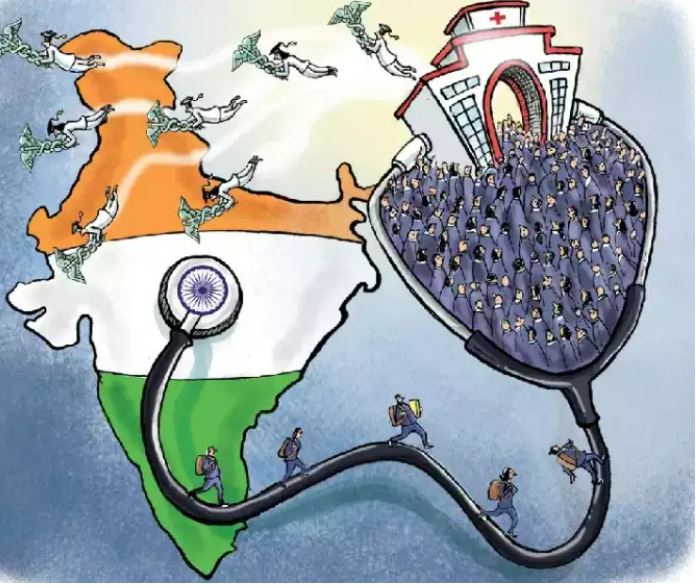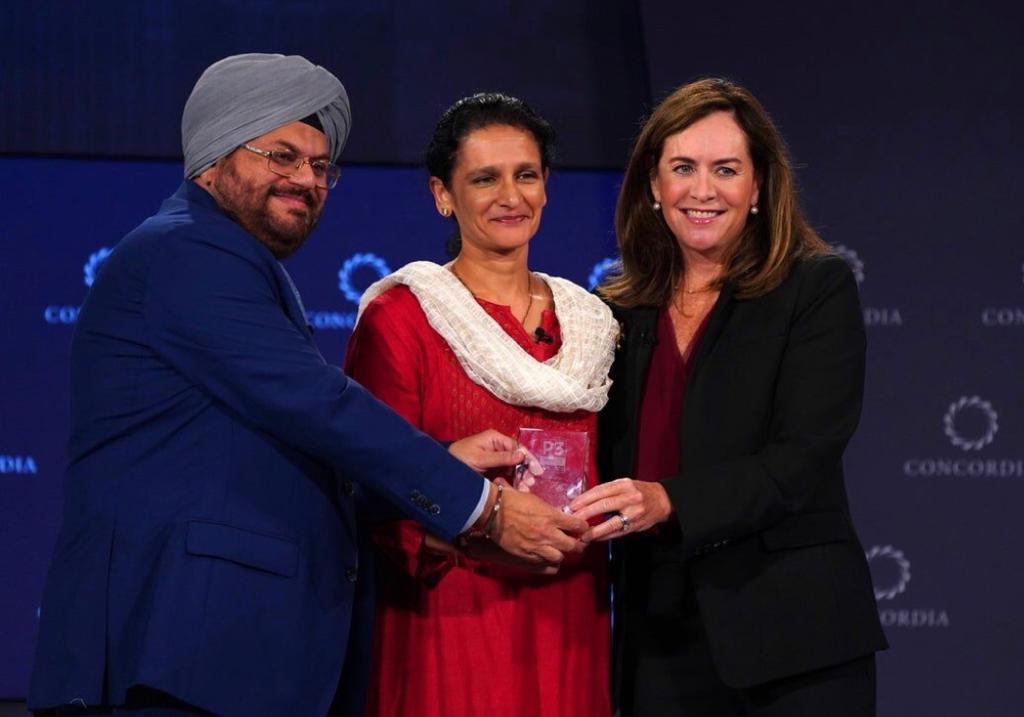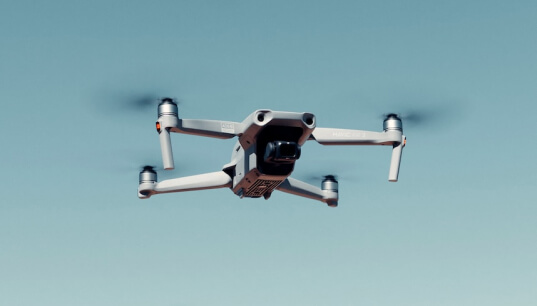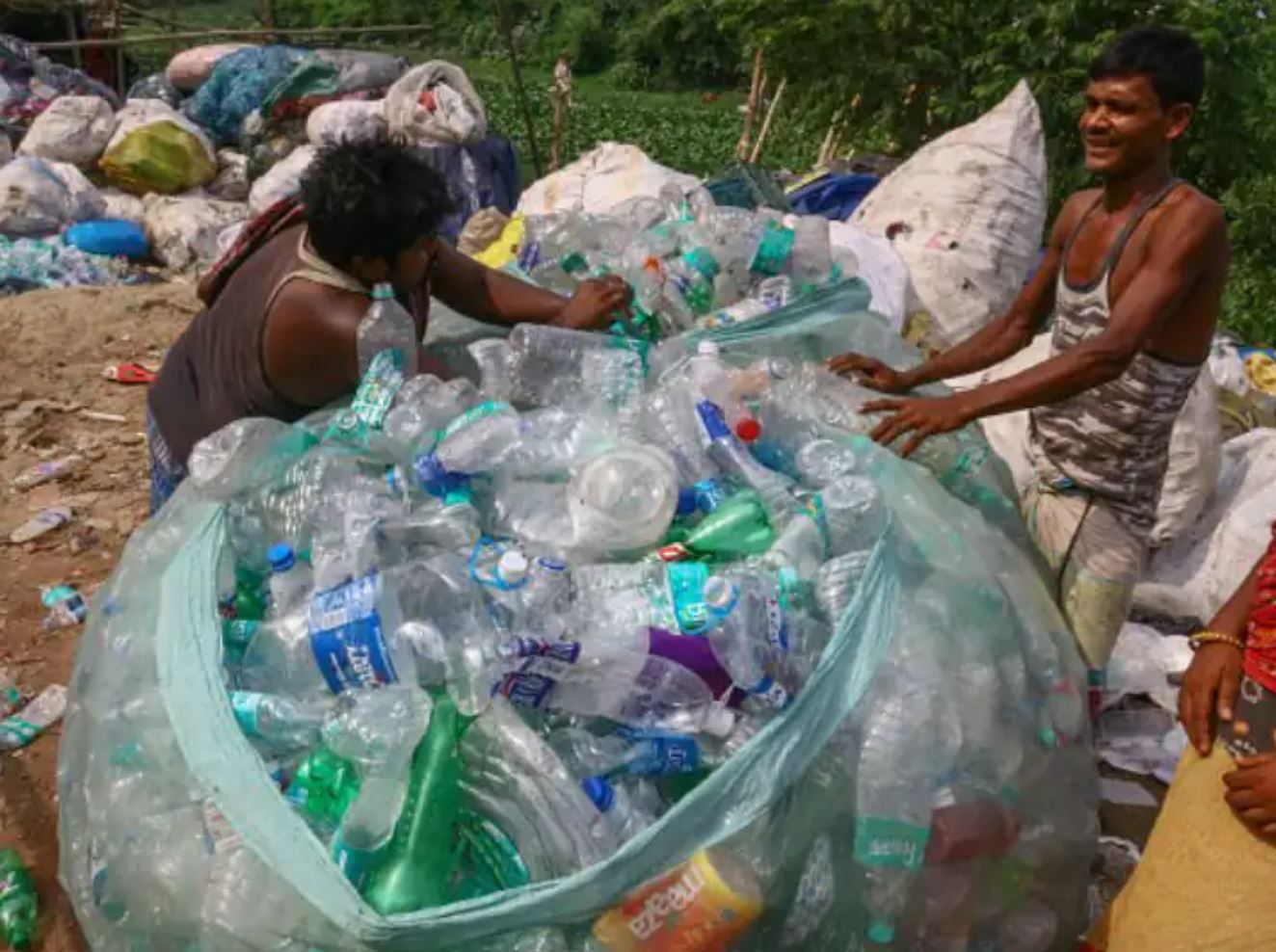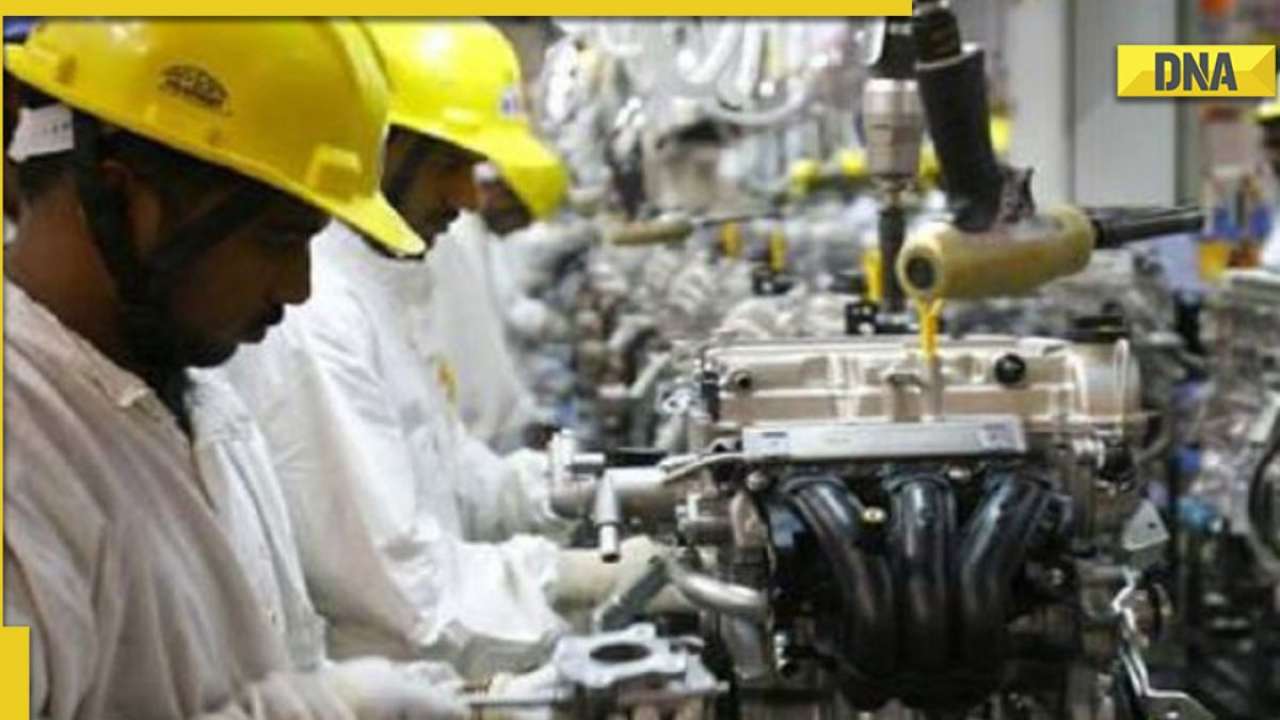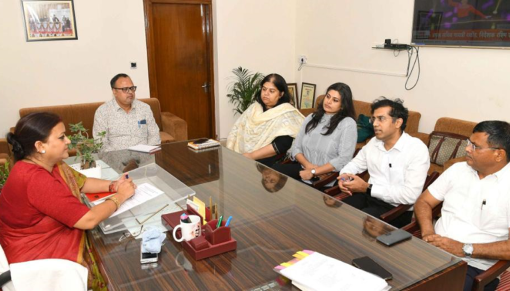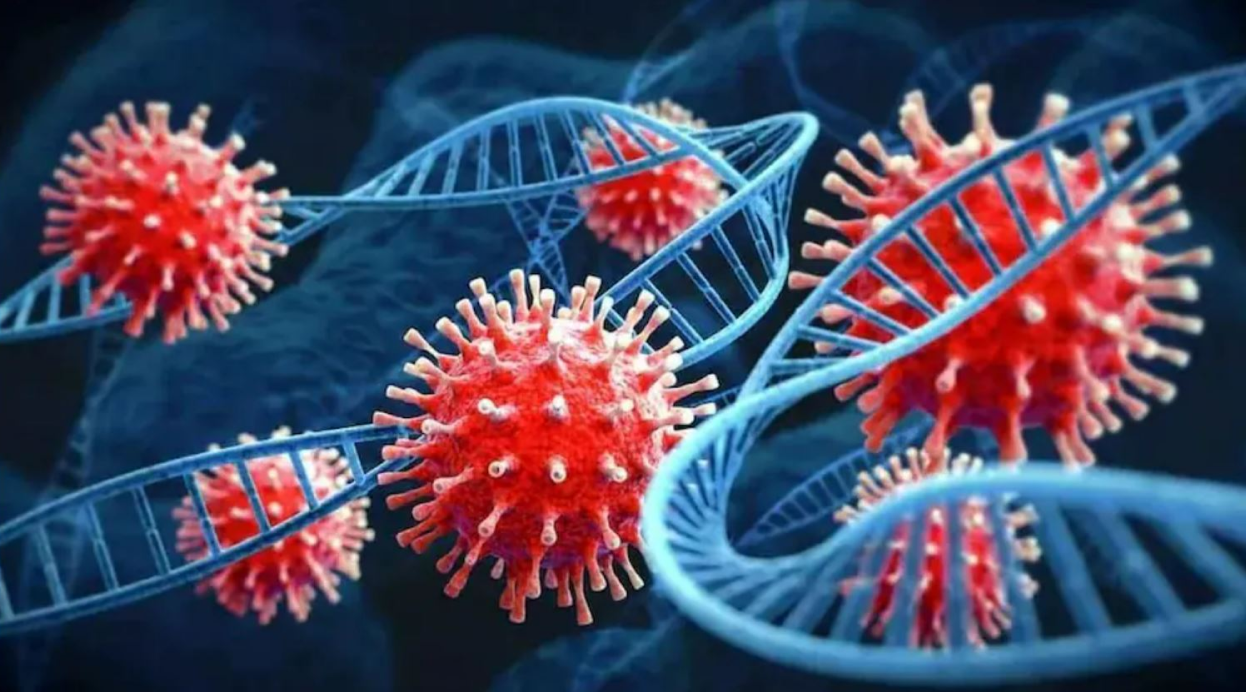Urban India faces challenges of inadequate access to sanitation infrastructure, safe disposal of faeces, faecal sludge and septage management. In addition, the illegal practice of manual scavenging continues to persist. More than one lakh families continue to be engaged in this ‘profession.’ Why? Because dry latrines continue to exist in spite of being illegal.
As on September 25, 36% of the urban toilet target proposed for 2017 was achieved. Some 141 cities were declared Open Defecation Free, against a target of 739 for 2016-17. The provision of physical structures is not the end, but only the first step. One of the biggest challenges will be to dispose of the human waste.
India’s towns and cities continue to contaminate their own water. A mere 30% of the 62,000 litres of sewage generated daily flows through treatment plants. The rest is randomly dumped in waterbodies and wells, polluting three-fourths of the country’s waterbodies.
The solution to this mammoth challenge lies in decentralised waste disposal and in the construction and use of septic tanks. More so in slum clusters and areas with high population density and inadequate faecal waste disposal systems.
Septic tanks are the first step for sewage conditioning in a subsurface disposal system. They collect and treat wastewater, separate sewage into three different zones: sludge, scum (floaters) and clear zone in the middle. It allows for anaerobic disintegration of organic matter, which reduces oxygen demand, total suspended solids, fats, oils and greases. The removal of disease causing microorganisms occurs in the subsequent steps when the supernatant is disposed in a drain field system. This supernatant can then be diverted to kitchen gardens or to municipal drains.
The sludge removed can be dispatched for composting with other appropriate waste material in a compost pit and used for agricultural purposes. In India, while BIS codes are framed for large septic tanks, there is a need to frame guidelines and bylaws for individual household septic tanks in urban and rural areas. This will be a major game changer in the way faecal matter can be disposed.
The provision of septic tank systems will enhance the growth rate of sewage treatment exponentially, and at minimum cost. This one-time investment will not go waste as these can be connected to the municipal sewage water collection system. The load on the latter will also be less and will require lower investment.
Manual scavenging
One of the main objectives of SBM is the eradication of manual scavenging. This year, Wilson Bezwada of the Safai Karamchari Andolan was awarded the Magsaysay in recognition of his efforts to eradicate the practice of manual scavenging. And yet, the practice continues, somewhat unabated. Census 2011 indicated that there are over 1.80 lakh manual scavenger households and several thousand dry latrines.
In July 2016, the National Commission for Scheduled Castes asked some embarrassing questions to top state-level bureaucrats. “Is it possible that all dry latrines have been cleaning themselves?”
The panel’s ire was based on reports that in Telangana there were 1.57 lakh dry latrines, but no manual scavengers. While Chhattisgarh had 4,391 dry latrines and only three manual scavengers. Madhya Pradesh was reported to have 39,362 dry latrines and 36 manual scavengers.
It is our collective responsibility to eliminate dry latrines and replace them with the conventional toilets. For the people who are liberated from this practice, there is an urgent need to find alternate livelihood opportunities.
Loans to start businesses can be availed of from the Self Employment Scheme for the Rehabilitation of Manual Scavengers, but in absence of skills and a caste-sensitive market, there is little demand for the products made by them. Awareness drives will help in this regard. After all, these people have been cleaning our waste even at the cost of their lives.
Let’s dignify sanitation work and commit to finding solutions so that our waste is not responsible for water contamination. We can no longer dump our waste with impunity and expect others to clean up our mess, literally with their bare hands.











